Introduction

Bird poop, also known as bird droppings or bird excrement, is the waste material produced by birds. It is a combination of feces and urine expelled from the bird’s digestive system. The appearance, color, and consistency of bird poop can vary depending on the species of bird, its diet, and health.
Different Types of Bird Poop
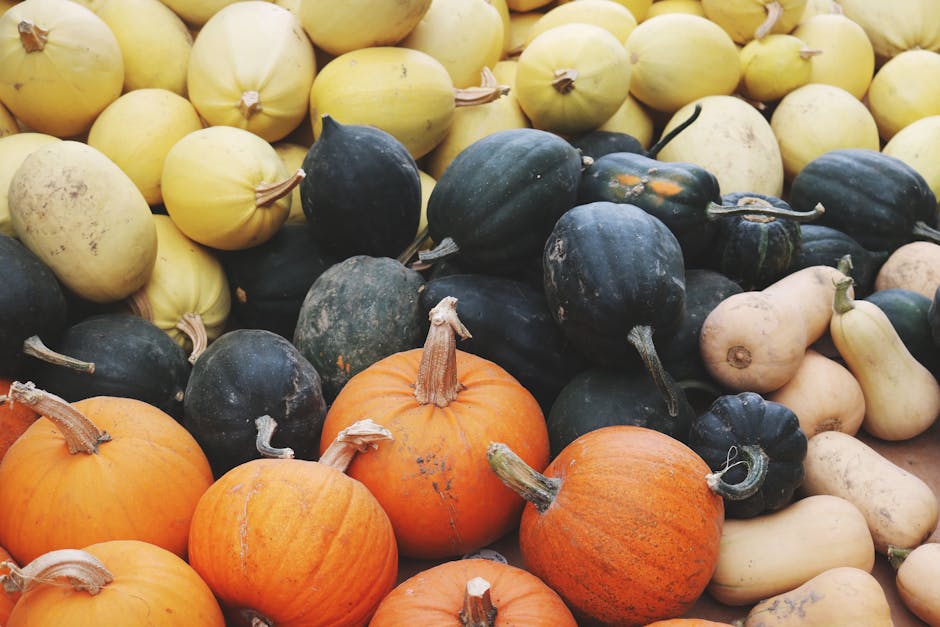
Bird poop comes in various forms. The most common type is the white and chalky droppings, primarily composed of uric acid. You’ve probably seen these on cars, statues, and other outdoor surfaces. Another type of bird poop is greenish or brownish, indicating the presence of undigested food or bile. Birds that recently consumed fruits or berries tend to produce this type of droppings. Additionally, birds may have watery or runny droppings, which can be a sign of illness or dietary issues.
Explanation of Why Dogs Might Be Attracted to Bird Poop
Dogs, being naturally curious creatures with a keen sense of smell, often find themselves drawn to investigate and sometimes consume bird poop. There are a few reasons why dogs are attracted to bird poop:
-
Scent and taste: Bird poop emits a variety of intriguing odors and flavors that can appeal to dogs’ scavenging instincts. The strong scent of the droppings can pique their curiosity and lead them to explore and potentially consume it.
-
Nutritional value: Bird droppings may contain undigested seeds, berries, or insects, which can serve as a potential food source for dogs. These remnants of the bird’s diet may be appealing to dogs seeking additional nutrients or flavors.
Understanding why dogs are attracted to bird poop is essential in addressing this behavior and taking appropriate preventive measures. In the following sections, we will explore common reasons why dogs eat bird poop and discuss effective strategies to prevent them from doing so.
Common Reasons Dogs Eat Bird Poop
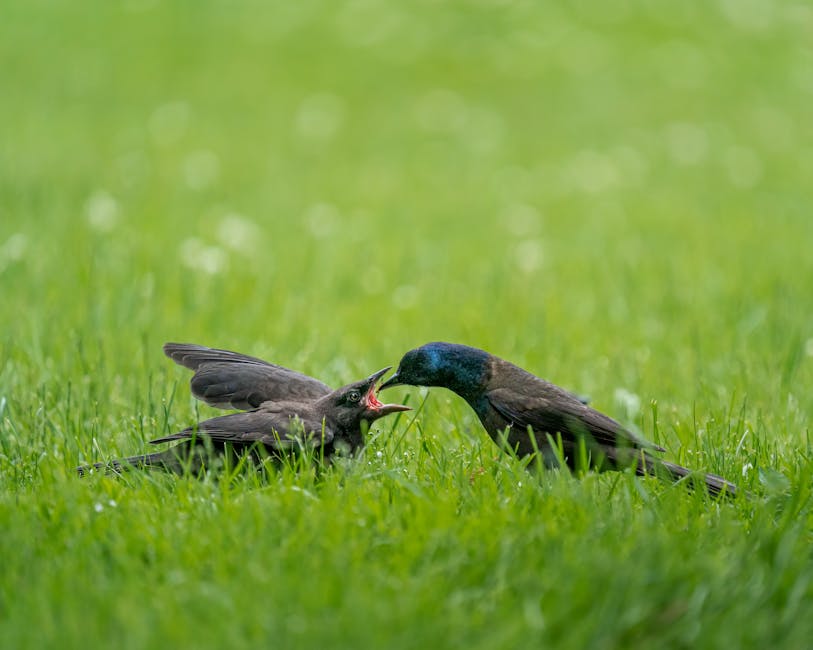
Dogs have a peculiar affinity for bird poop, and understanding the reasons behind their behavior can help dog owners address the issue effectively.
a. Curiosity

Curiosity is inherent in dogs, and they often explore their surroundings using their senses, including taste. The sight and smell of bird poop can pique a dog’s curiosity, prompting them to investigate and, in some cases, even consume it. This behavior is more prevalent in puppies or dogs with a high prey drive, as they are particularly intrigued by the unfamiliar scent and texture of bird droppings.
b. Taste
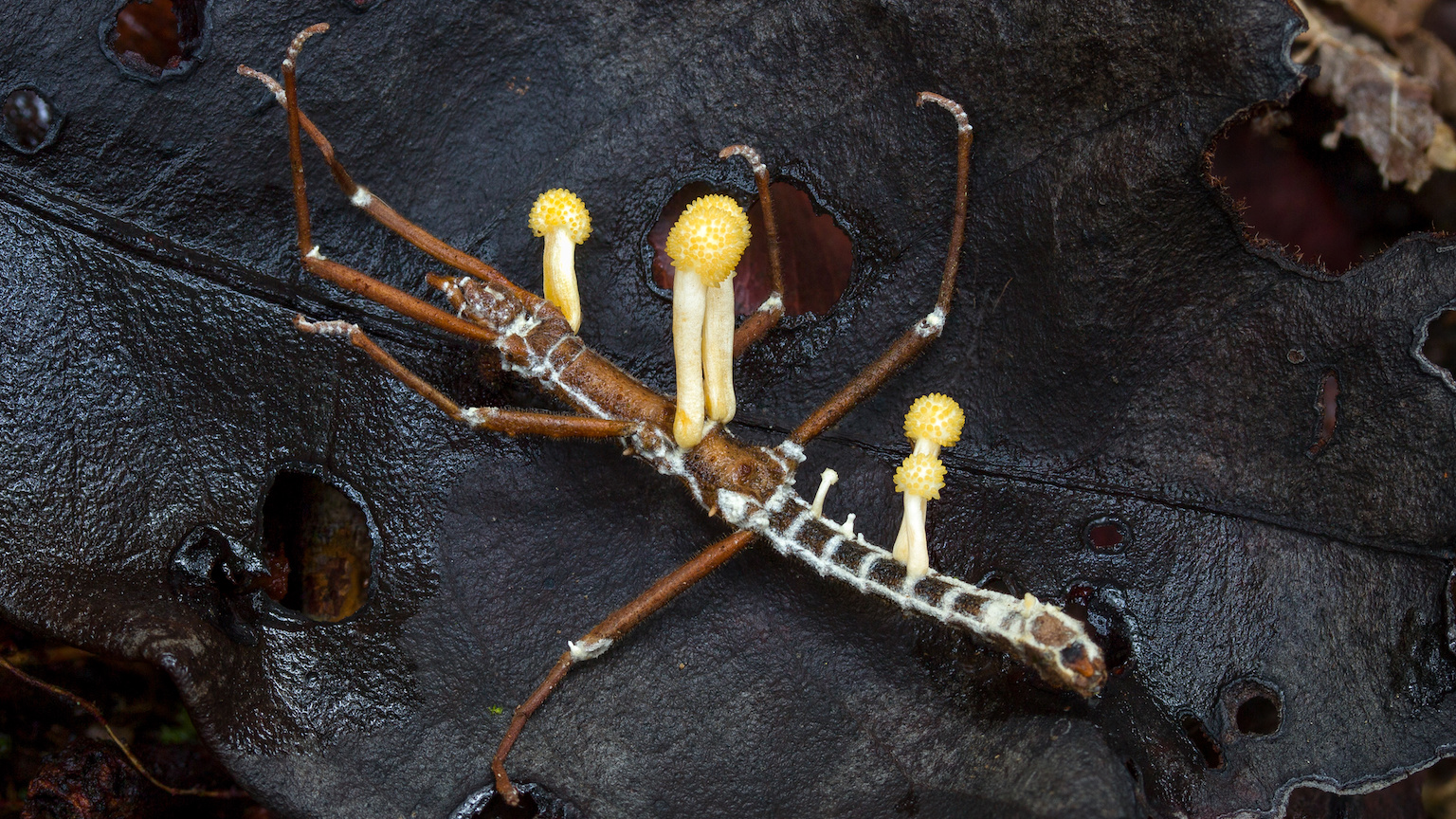
While the idea of finding bird poop appetizing may repulse most humans, some dogs seem to relish the taste. The composition of bird droppings can vary depending on the birds’ diet, resulting in different flavors that dogs find intriguing or even enjoyable. With their acute sense of smell and taste, dogs may be attracted to the strong odors or distinct flavors present in bird feces.
c. Nutritional Deficiency
![]()
In certain cases, dogs may resort to eating bird poop due to a deficiency in their regular diet. Dogs have been observed engaging in coprophagia, the consumption of feces, when lacking certain vital nutrients. This behavior may indicate a shortage of digestive enzymes, fiber, or specific vitamins and minerals in their diet. Bird droppings can contain undigested food particles or remnants of insects, providing dogs with additional nutrients they might not be obtaining from their regular meals.
It’s important to note that while these are common reasons why dogs eat bird poop, consulting with a veterinarian is crucial if this behavior persists or becomes excessive. A professional evaluation can help identify any underlying health issues or dietary imbalances that may be contributing to this behavior.
In the next section, we will discuss effective strategies to prevent dogs from consuming bird poop and ensure their overall well-being.
How to Prevent Dogs from Eating Bird Poop
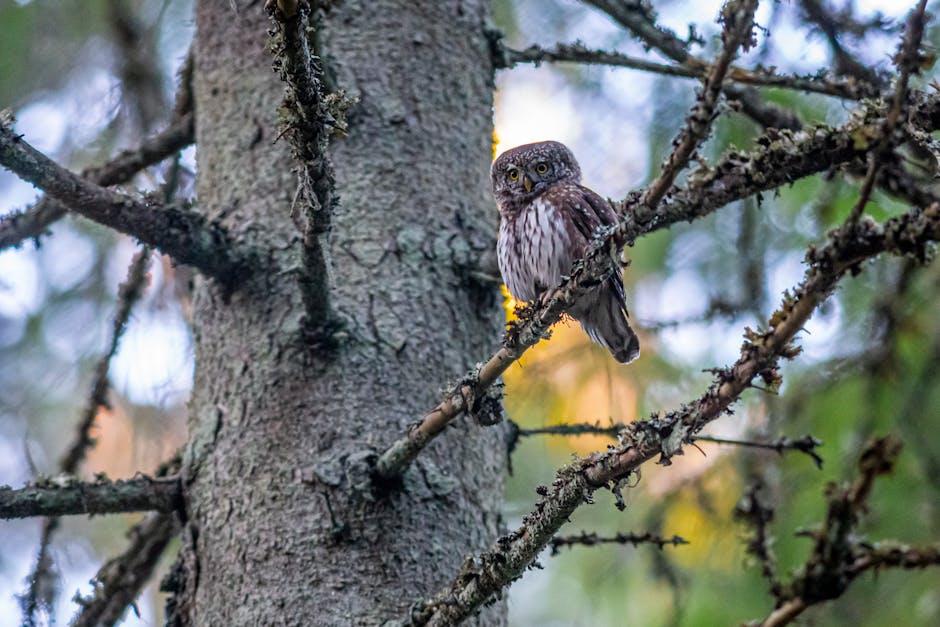
1. Supervision
Supervision is key when it comes to preventing dogs from eating bird poop. Keep a watchful eye on your furry friend, especially in areas frequented by birds. By intervening and redirecting their attention, you can discourage them from indulging their curiosity or taste buds.
2. Cleanup
Promptly remove bird poop from your yard and outdoor areas where your dog spends time. Regular cleaning eliminates the temptation for your dog to snack on them. Remember to use gloves and appropriate cleaning agents to maintain hygiene and minimize the risk of spreading diseases or parasites.
3. Keeping Dogs Away from Bird Feeders

Prevent dogs from getting too close to bird feeders and the bird droppings around them with these measures:
- Strategic Placement: Hang bird feeders out of your dog’s reach to reduce their attraction to bird droppings.
- Squirrel-Proof Feeders: Use squirrel-proof bird feeders, which deter not only squirrels but also dogs. These feeders have mechanisms that make it difficult for larger animals to access the bird food.
- Physical Barriers: Create fences or use garden netting to separate bird feeding areas from where your dog roams.
4. Providing a Balanced Diet
Ensure your dog’s diet is nutritionally balanced to minimize the likelihood of them seeking out bird poop. Follow these guidelines:
- Consult a Veterinarian: Seek advice to determine the appropriate diet for your dog based on their age, breed, size, and specific nutritional needs or health conditions.
- Quality Dog Food: Choose high-quality dog food that provides a balanced mix of nutrients.
- Supplements, if Necessary: Incorporate supplements into your dog’s diet under professional guidance to address specific nutritional deficiencies.
By combining supervision, cleanup efforts, keeping dogs away from bird feeders, and providing a balanced diet, you can effectively discourage dogs from eating bird poop. These preventive measures promote the health and well-being of your canine companion while ensuring a cleaner and safer environment for both dogs and birds.
Other Animals That Eat Bird Poop
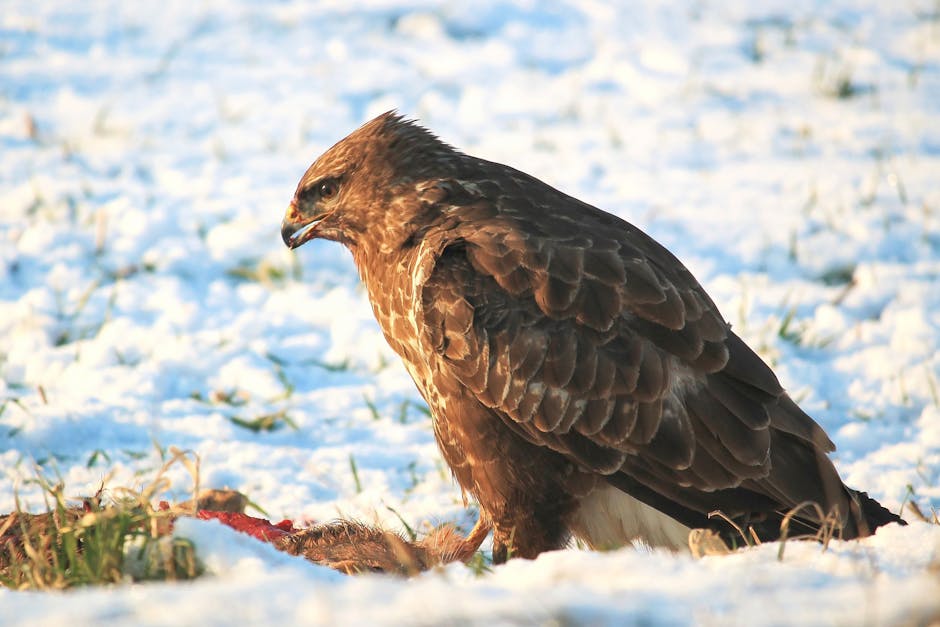
Bird poop isn’t just a delicacy for dogs. Let’s explore some other creatures with a peculiar dietary preference.
a. Raccoons

Raccoons have a diverse diet that includes both plant and animal matter. They scavenge for food and are attracted to bird droppings due to the presence of nutrients and protein.
b. Squirrels
Squirrels primarily feed on nuts, seeds, fruits, and vegetation but may also consume bird droppings unintentionally while foraging for other food items.
c. Skunks
Skunks are attracted to bird droppings containing insects or undigested animal matter due to their high protein content. They occasionally consume bird feces as part of their scavenging behavior.
d. Opossums
Opossums are opportunistic omnivores that adapt their diet based on availability. They may be attracted to bird droppings due to the potential presence of insects or undigested animal matter.
Understanding the diverse range of animals that consume bird poop highlights the significance of this phenomenon beyond dogs. In the next section, we will explore effective strategies to prevent dogs and other animals from feasting on bird droppings.
Conclusion

In conclusion, dogs’ tendency to eat bird poop can be attributed to their instinct, curiosity, and nutritional factors. As descendants of wolves, dogs have inherited a scavenging instinct, which includes consuming feces for survival purposes. Their natural curiosity also leads them to investigate and potentially consume the distinct-smelling and textured bird droppings. Additionally, nutritional deficiencies may drive dogs to seek out these feces as a source of additional nutrients.
However, it’s vital to note that encouraging or ignoring this behavior is not advisable. Bird droppings can harbor parasites, bacteria, or viruses that pose health risks to dogs. To prevent dogs from eating bird poop, several proactive measures can be taken.
Supervision and Cleanup
Supervision plays a crucial role in ensuring that dogs are not left unattended in areas where bird droppings are present. This allows for immediate intervention and redirection of their attention. Regular cleanup of bird droppings in the yard or outdoor spaces frequented by dogs is essential to eliminate the temptation.
Restrict Access
Keeping dogs away from bird feeders can help prevent access to areas where bird droppings accumulate. Employing physical barriers or deterrents can effectively restrict dogs’ access to these areas.
Balanced Diet
Providing a balanced and nutritious diet that meets the dog’s dietary needs is crucial in minimizing the likelihood of seeking out alternative food sources such as bird droppings.
It’s worth noting that dogs are not the only animals attracted to bird poop. Other animals like raccoons, squirrels, skunks, and opossums also exhibit this behavior. This emphasizes the importance of maintaining a clean environment to deter not only dogs but also these potential carriers of diseases.
Consulting a Veterinarian
In cases where preventive measures fail to curb the behavior, consulting a veterinarian is advisable. A veterinarian can help rule out any underlying health issues or behavioral problems that may contribute to the dog’s attraction to bird poop. They can provide further guidance and recommend appropriate interventions or training techniques to address the issue effectively.
To summarize, understanding the reasons behind dogs eating bird poop enables pet owners to take proactive steps in preventing this behavior. By implementing supervision, regular cleanup, restricting access to bird feeders, and providing a balanced diet, pet owners can ensure their dogs’ well-being and minimize the risks associated with consuming bird droppings. Remember, creating a healthy and safe environment is crucial for our beloved canine companions.
Frequently Asked Questions
Frequently Asked Questions
1. Why do dogs eat bird poop?
Dogs may eat bird poop due to their instinctual scavenging behavior, curiosity, or nutritional deficiencies. The smell, taste, and texture of bird droppings can attract dogs, and the undigested food particles in the droppings may provide additional nutrients.
2. Is it normal for dogs to eat bird poop?
While it is not uncommon for dogs to be attracted to bird poop, it is not considered a normal or desirable behavior. Consuming bird droppings can expose dogs to parasites, bacteria, or viruses, posing potential health risks.
3. How can I prevent my dog from eating bird poop?
To prevent dogs from eating bird poop, you can:
- Supervise your dog and redirect their attention away from bird droppings.
- Clean up bird droppings promptly from your yard and outdoor areas.
- Keep dogs away from bird feeders using strategic placement, squirrel-proof feeders, or physical barriers.
- Provide a balanced diet to meet your dog’s nutritional needs and minimize the likelihood of seeking out bird droppings.
4. Are there any health risks associated with dogs eating bird poop?
Yes, there are potential health risks associated with dogs eating bird poop. Bird droppings can contain parasites, bacteria, or viruses that can cause gastrointestinal issues or other infections in dogs. It is crucial to discourage this behavior and maintain a clean environment.
5. Should I be concerned if my dog eats bird poop?
If your dog eats bird poop occasionally, it may not be a cause for immediate concern. However, if the behavior persists or becomes excessive, it is advisable to consult a veterinarian. They can evaluate your dog’s health, address any underlying issues, and provide guidance on preventing this behavior.

Leave a Reply